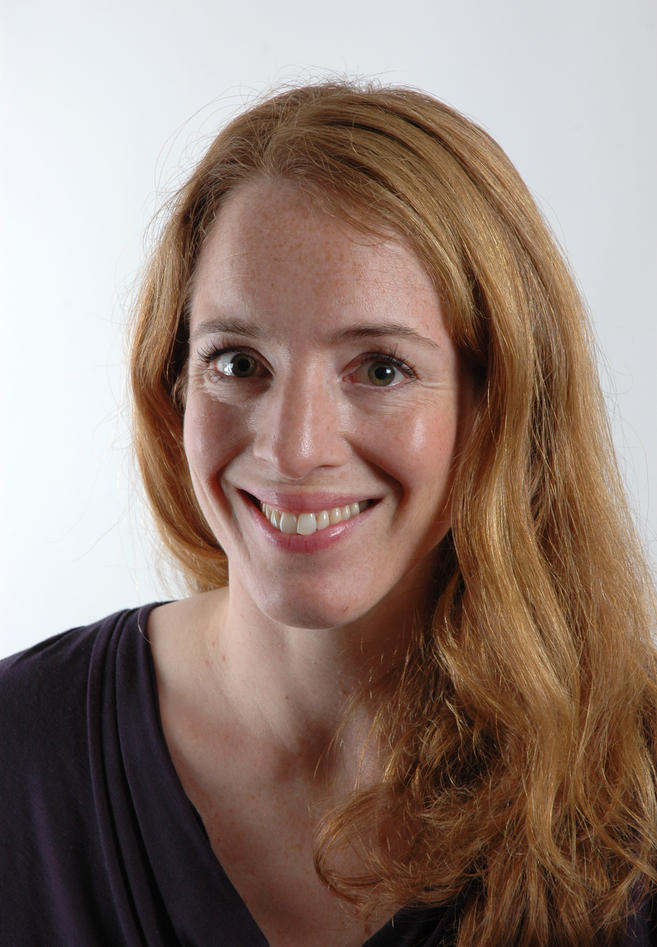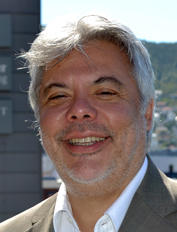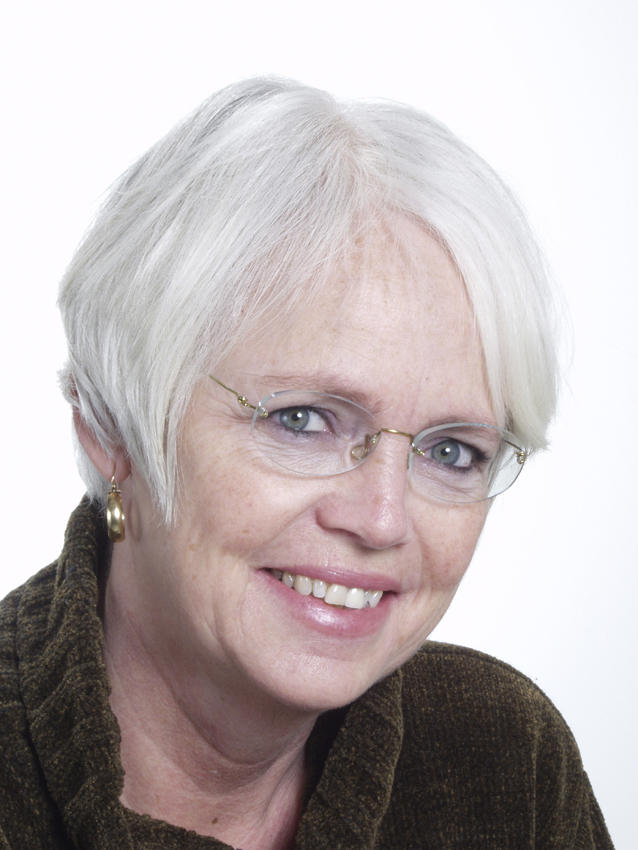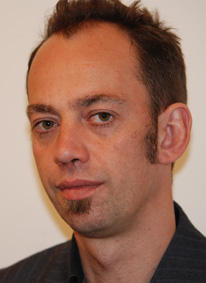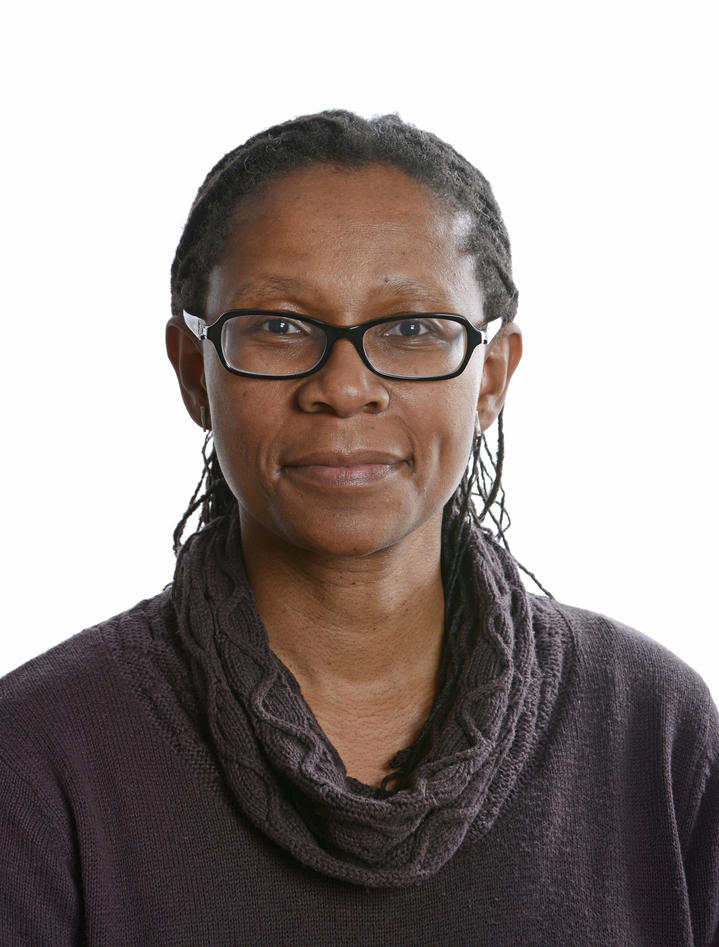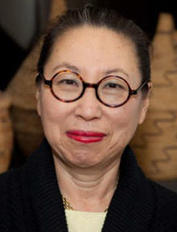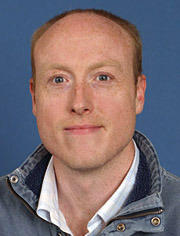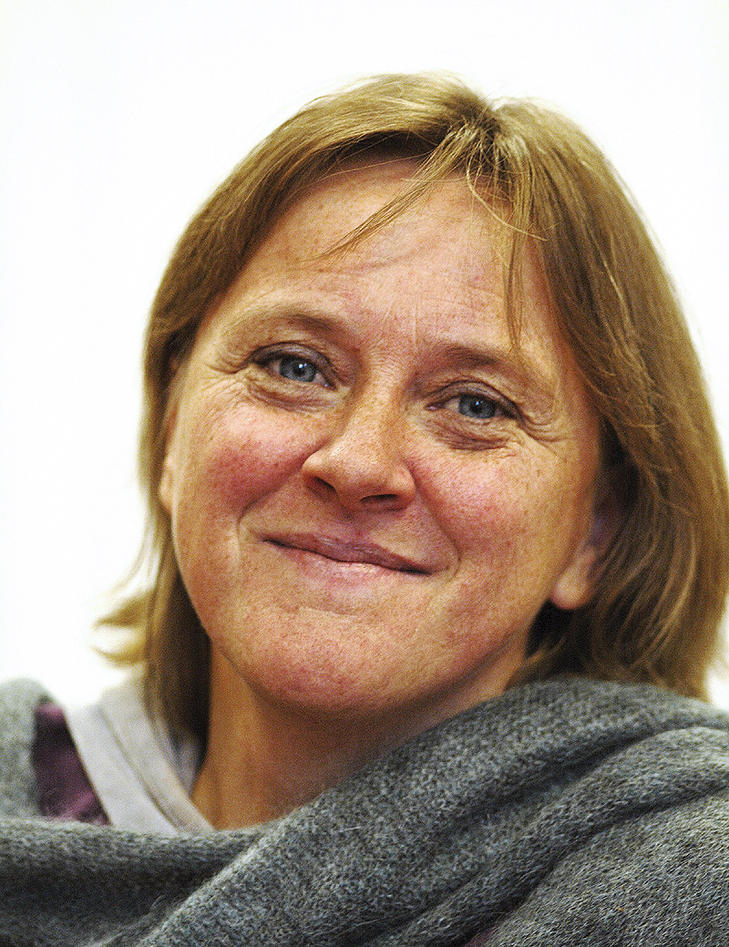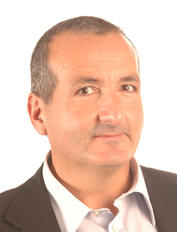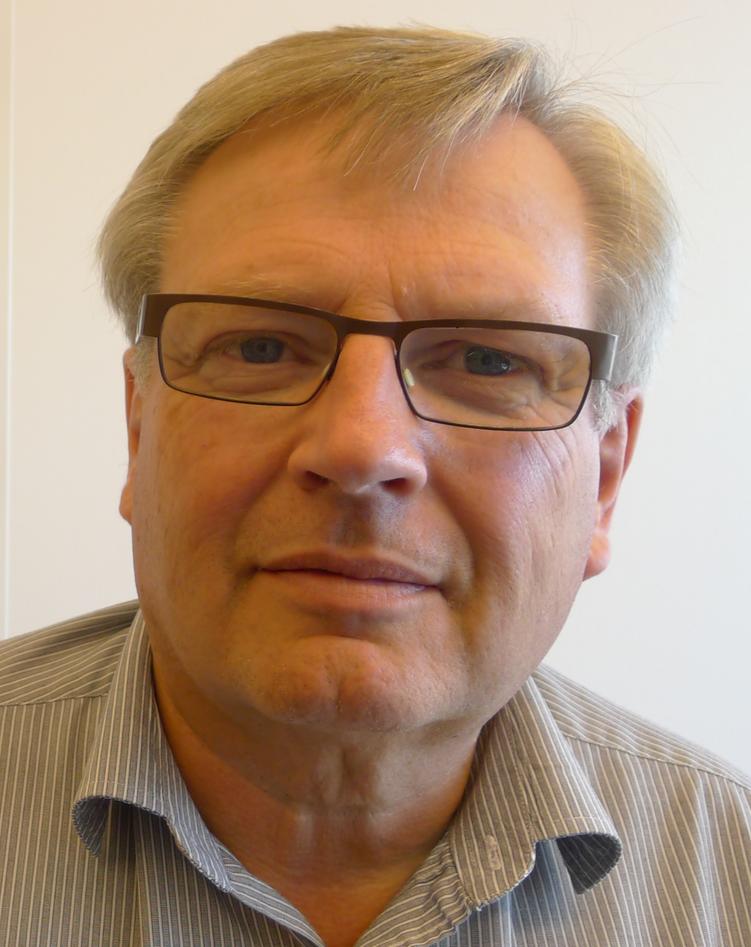Common sessions

Hovedinnhold
The power of numbers
The power of numbers
Sakiko Fukuda-Parr
Professor of International Affairs
The New School, USA
Malcolm Langford
Senior Researcher
Chr. Michelsen Institute, Norway
MDGs, Human Rights and Capabilities: The Power of Numbers to Shape Agendas
The Millennium Development Goals (MDGs) were heralded as opening a new chapter in international development, and have led to the use of global goals and target setting as a central instrument defining the international development agenda. Despite this increased importance, little is understood about the ways in which global goals achieve their influence in shaping priorities and actions of the key stakeholders, and the ensuing consequences.
Quantification inherently involves simplification, reification and abstraction of complex, intangible and location specific objectives. The Power of Numbers project studied the effects of selected MDG goals/targets, including both the empirical effects on policy priorities and strategies and normative effects on development discourses about important objectives and means to achieve them. drawing specifically on human rights principles and human development priorities. The research found that the effects varied considerably from one goal/target to another. Many contributed to mobilizing political support while others were ‘poor cousins’ and made little difference. All led to unintended consequences in diverting attention from other important objectives and reshaping development thinking. Many of the indicators were poorly selected and contributed to distorting effects. The study by Parr et al on the MDGs concludes that target setting is a valuable tool but has important limitations, and that the methodology for target setting should be refined to include policy responsiveness in addition to data availability criteria.
Considering the lessons from MDG to SDGs- Parr and Langford discusses the values and pitfalls of target setting and how the lessons from the MDG process should inform the SDG agenda.
Sakiko Fukuda-Parr is Professor of International Affairs at the New School. She is a development economist who has published widely on a broad range of development policy related issues including poverty, gender, technology, capacity development and agriculture. She is best known for her work as director and lead author of the UNDP Human Development Reports 1995-2004.
She started her career at the World Bank working on agricultural projects and moved to UNDP where she worked on aid coordination in Africa. Her current research projects include: the role of economic policy in realizing the Right to Food and the political economy of the MDGs.
Fukuda-Parr is a member of the UN's Committee on Development Policy, the Lancet-Norway Commission on the Global for Health Governance and serves on the Boards of the International Association of Feminist Economics, Centre for Economic and Social Rights, and the Knowledge Ecology International. She is a co-convenor of Metrics for Human Rights, and of a research initiative: The Power of Numbers: Critical Review of MDG Targets for Human Development and Human Rights.
Malcolm Langford is a Postdoctoral Fellow at the Norwegian Centre for Human Rights (NCHR) and Pluricourts Centre of Excellence and a Senior Researcher at the Chr. Michelsen Institute. He is also the Director of the Socio-Economic Rights Programme (NCHR); Co-Director of the Centre on Law and Social Transformation; Co-Director, Global School on Socio-Economic Rights; Co-Coordinator, Metrics for Human Rights and the Chair and Co-Founder of Judgment Watch. In addition, he leads a number of consortiums and acts an advisor to a range of UN bodies, governments and NGOs and has widely on human rights, international development, international investment and other topics.
Previously, he was the Director of the Human Rights and Development Research Group, Faculty of Law, University of Oslo (2007-2009 and Spring 2014), Senior Legal Officer at the Centre on Housing Rights and Evictions, Geneva (2001 to 2006) and a Visiting Fellow at the University of California (Berkeley), Frithjof Nansen Institute, University of Mannheim, University of Stellenbosch and University of NSW.
The rising powers and southern Africa's energy transition
The rising powers and southern Africa's energy transition
Inga Berre
Professor
University of Bergen
Marcus Power
Professor of Geography
University of Durham, UK
Lise Rakner
Professor
University of Bergen
In this talk, Marcus Power will give insights into clean development and low carbon transitions in Southern Africa. The talk provides an overview of a research project led by Professor Power, which seeks to examine how, why and to what extent China and Brazil are enabling the transition to low carbon energy systems in Southern Africa and to assess the consequent implications for the affordability, accessibility and sustainability of energy services in the region.
The involvement of ‘Rising Powers’ like China and Brazil in clean energy systems in sub-Saharan Africa is often obscured by popular images of resource and land-grabs. Seeking to engage more closely with a number of African states, businesses and communities in pursuit of diverse economic and political goals, the rising powers have increasingly come to incorporate renewable energy projects into their aid and loan portfolios in Africa. The depth, drivers, and outcomes of this activity are complex and contested in terms of both development and the implications for international energy and climate governance.
The project will provides a detailed analysis of how South-South technology transfer and technology cooperation between the Rising Powers and Africa can work, including insights about the implications for innovation capacity, the appropriateness of specific technologies and the impact of current investment strategies which will be of particular use for government and the private sector, within and outside the region.
Inga Berre's research interests are mathematical modelling and numerical methods for simulation of flow, transport and geo-mechanics in porous media and the solution of parameter identification problems. Since 2008, her research has mainly been motivated by achieving better understanding of processes in geothermal systems. Currently, a particular interest is on modelling and simulation of permeability enhancement of fractured geothermal reservoirs, which is also the topic of one of her main research projects, GeoStim.
Marcus Power's research interests are energy geographies and low carbon transitions, post-colonialism, post-socialist transformations in Southern Africa, Portugal and Lusophone Africa, and China-Africa engagement. One of the key objectives of his research is to radicalise and rethink the ways in which ‘development’ has been understood in Geography and to foreground and underline the importance of geographical perspectives in formulating new and more critical theoretical understandings of ‘development’.
Professor Power has recently been engaged in the research project The Rising Powers, Clean Development and the Low Carbon Transition in Sub-Saharan Africa. The project seeks to examine how, why and to what extent China and Brazil are enabling the transition to low carbon energy systems in Southern Africa and to assess the consequent implications for the affordability, accessibility and sustainability of energy services in the region.
Lise Rakner's research interests cover the fields of Comparative Democratization, with particular emphasis on human rights, elections and political parties in sub-Saharan Africa. Rakner's work also extents to political economy, with an emphasis on economic reforms, taxation, business associations, budget processes and aid effectiveness. She has conducted a number of governance assessment analyses for international agencies and donor governments . She holds an adjunct position at the Chr. Michelsen Institute (CMI), Bergen.
New narratives for innovation
New narratives for innovation
Andrea Saltelli
Guest Researcher
Centre for the Study of the Sciences and the Humanities, UiB
The use of science for policy is at the core of a perfect storm generated by the insurgence of several concurrent crises: of science, of trust, of sustainability. The prevailing modern positivistic model of science for policy, known as ‘evidence based policy’, is based on dramatic simplifications and compressions of available perceptions of the state of affairs and possible explanations (hypocognition). Therefore this model can result in seriously flawed prescriptions. The flaws become more and more evident when dealing with complex issues characterized by large doses of uncertainty in the normative, descriptive and ethical domain. In this situation the implementation of evidence based policy, heavily affected by hypocognition, makes the social system more and more fragile.
In many applications quantitative science is used to remove uncertainty by transforming it into probability so that mathematical modelling can play the ritual role of haruspices. This epistemic governance arrangement is today in deep crisis. The problem is less often with the validity of the results of the scientific activity than with their bad use from society.
The primacy of science to adjudicate political issues must pass through a serious assessment of the level of maturity and effectiveness of the various disciplines. The solution implies abandoning dreams of prediction, control and optimization obtained by relying on a limited set of simplified narratives to define a problem to be dealt with and move instead to an open exploration of a broader set of plausible and relevant stories.
Andrea Saltelli has worked on physical chemistry, environmental sciences, applied statistics, impact assessment and science for policy. His main disciplinary focus is on sensitivity analysis of model output, a discipline where statistical tools are used to interpret the output from mathematical or computational models, and on sensitivity auditing, an extension of sensitivity analysis to the entire evidence-generating process in a policy context. A second focus is the construction of composite indicators or indices.
Till February 2015 he led the Econometric and Applied Statistics Unit of the European Commission at the Joint Research Centre in Ispra (I), developing econometric and statistic applications, mostly in support to the services of the European Commission, in fields such as lifelong learning, inequality, employment, competitiveness and innovation. He participated to the training of European Commission staff on impact assessment. At present he is in at the European Centre for Governance in Complexity, a joint undertaking of the Centre for the Study of the Sciences and the Humanities (SVT) - University of Bergen (UiB), and of the Institut de Ciència i Tecnologia Ambientals (ICTA) -Universitat Autonoma de Barcelona (UAB). The ECGC is located in the UAB campus in Barcelona.
Sustainability and Development
Sustainability and Development
The Challenge of Social Change
Alberto D. Cimadamore
Scientific Director, CROP
Gro Therese Lie
Professor
University of Bergen
Maurice B. Mittelmark
Professor
University of Bergen
Fungisai Puleng Ottemöller
Associate Professor
University of Bergen
This panel will critically address the notions and the intersections of four concepts: development, sustainability science, and transdisciplinarity - all in the quest for positive social change.
The concept ‘development’ is controversial and disputed. Development has been defined in different ways in different disciplines and has varied over time. We will not concentrate on a theoretical discussion about this, but we are conscious of how certain interpretations of development have had hegemony in academic communities as well as in international agencies. Depending on how we understand development, different possibilities arise for integrating disciplinary views into transdisciplinary collaboration.
Sustainability science has been defined as “an emerging field of research dealing with the interactions between natural and social systems, and with how those interactions affect the challenge of sustainability: meeting the needs of present and future generations while substantially reducing poverty and conserving the planet's life support systems” (National Academy of Sciences, 2015).
We understand sustainability science as a special case of transdisciplinary research (TDR). There is no clearly agreed definition of TDR, but there is wide consensus about essential characteristics that differentiate it from other forms of research collaboration. A general definition of TDR that captures a good deal of that consensus considers it a kind of “research that includes cooperation within the scientific community and a debate between research and the society at large. Transdisciplinary research therefore transgresses boundaries between scientific disciplines and between science and other societal fields and includes deliberation about facts, practices and values.” (Wiesmann, et al. 2008, page 435).
Social change or perhaps better formulated, social transformations seem to be the obvious response to the persistence of poverty and the lack of a sustainable path towards global development. In this sense, social transformation refers to a significant alteration over time in structures, behaviour patterns, and rules aimed to produce a particular social result: poverty eradication and sustainable development. In this description, poverty is seen as a persisting structural problem inseparable from overarching systemic power relations that have defined the making and re-making of political economy and society over the last four centuries, and most magnified during the past one.
Alberto D. Cimadamore is Scientific Director of the International Social Sciences Council’s Comparative Research Programme on Poverty (CROP), located at the University of Bergen. He is professor at the University of Buenos Aires and Researcher of the National Council of Scientific and Technological Research of Argentina. His research and publications are focused on the political economy of poverty, the international relations of poverty and development, and on regional integration in Latin America.
Gro Therese Lie is Professor at Department of Health Promotion and Development; Former Director of UiB Global, University of Bergen. Social-, community- and cross-cultural psychologist. Worked with health promotion challenges in Sub-Saharan Africa for 27 years: prevention of and coping with HIV/AIDS, sexual and reproductive health, gender and generation, orphans and vulnerable children, grassroots movements. Has worked for UNDP as a consultant and research leader of multi-disciplinary research groups. Interest: Participatory action research and movements for social change.
Maurice B. Mittelmark is Professor of Health Promotion at the Department of Health Promotion and Development, located in the Faculty of Psychology, University of Bergen. His research and publications are focused on philosophy and methods of health promotion research, Salutogenesis and resources for health, transdisciplinary collaboration for health promotion, and child health in former colonial regions.
Fungisai Puleng Ottemöller is an Associate Professor in the Department of Health Promotion and Development, Faculty of Psychology, University of Bergen. She has done research on common mental disorders (Zimbabwe), participatory research on HIV prevention with primary school children (Zimbabwe), and child participation in schools (Scotland, UK). Fungisai teaches in the Master Programme in Health Promotion and Health Psychology. Her current research interests are immigrant children and families’ experiences of the Norwegian child welfare system, child participation and early intervention.
The case of SDG in the Nile Basin
The Case of SDG in the Nile Basin
Tore Sætersdal (PhD)
Assistant Director
UiB Global
The Nile Basin Research Programme (NBRP) is a strategic, multidisciplinary programme for research and education on topics related to the Nile Basin. UiB has a significant research community focusing on Nile Basin related issues, and an extensive research collaboration with countries in the region. The NBRP serves as an overall framework and catalyst for activities and initiatives reflecting research and educational priorities of Nile Basin researchers.
The presentation will sum up the experiences from the programmes’ first phase and look critically at lessons learned and link it to the new Sustainable Development Goals.
How is water issues reflected in the new suggested SDG’s? What are the possible consequences for this important region in North-East Africa, and how will it possibly influence the political agenda in an area where several conflicts are looming and have the potential to come out of control.
Tore Sætersdal is acting head of UiB Global. Ha holds a PhD in archaeology from UiB and has been working in Eastern and Southern Africa since 1993. He has been in charge of several projects involving African universities and has lived and worked in Mozambique from 2003 to 2006. He has thought at Eduardo Mondlane University in Maputo and University of Zimbabwe in Harare.
Since 2007 he has been in charge of the Nile Basin Research Programme involving universities in all the 11 Nile Basin countries. The programme is funded by the Norwegian Ministry of Foreign Affairs and based at UiB with a regional secretariat at Makerere University in Uganda. Research clusters are thematically directed towards water issues with a cross-disciplinary perspective where natural sciences, social sciences, humanities and health look at various aspects of the River Nile.
Summary and the road ahead
Summary and the road ahead
Rune Nilsen
Professor
University of Bergen
Rune Nilsen is Director of Centre for International Health (CIH), University of Bergen, and Professor in International Health since 1988. Previously, he was Deputy Rector of UiB and Head of the NUFU programme board. He has long experience in international higher learning, research policy and governance. Particular experience in doctoral training policies and Open Access publication policies. Main academic background in immunology and pathology of tuberculosis and tobacco and cancer.
